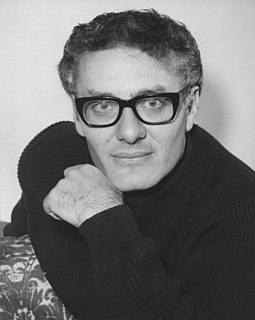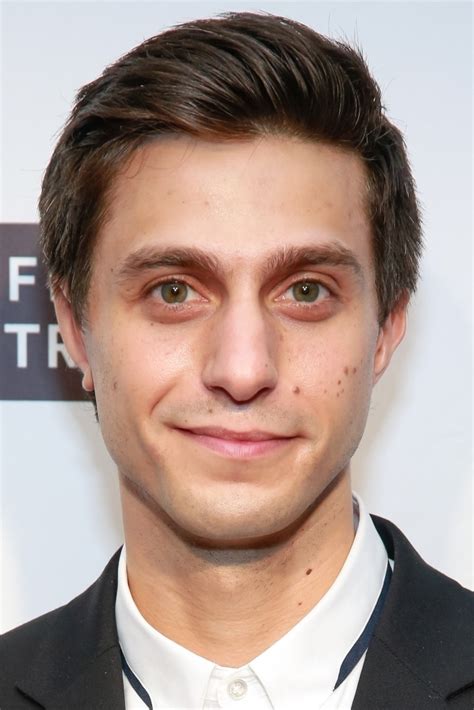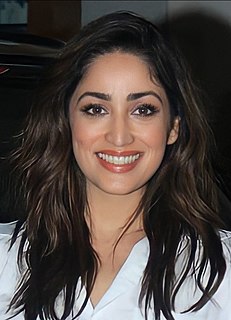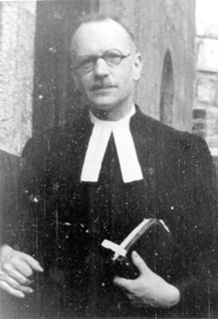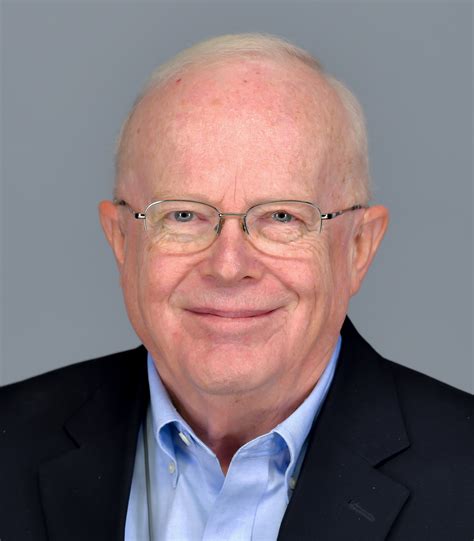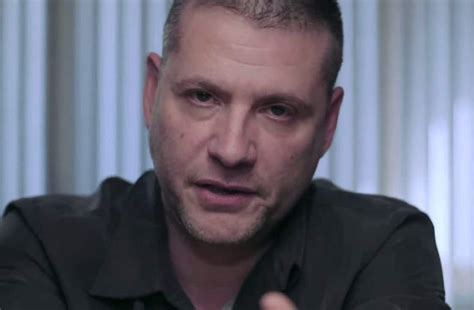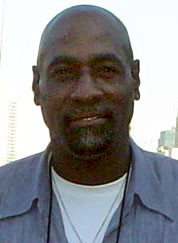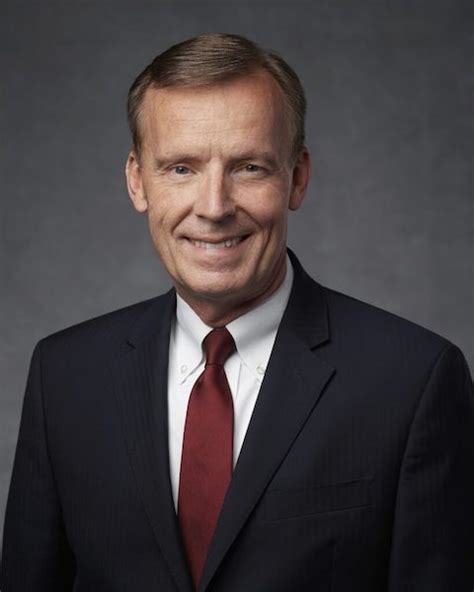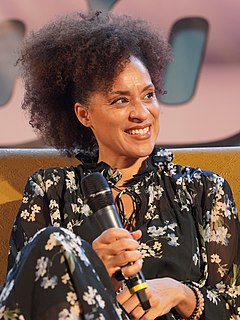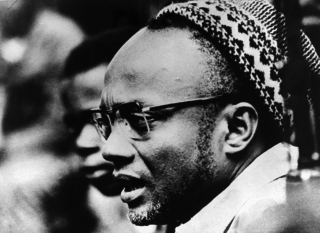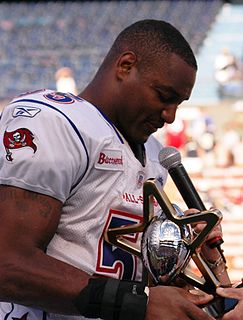Top 1200 Studying History Quotes & Sayings - Page 2
Explore popular Studying History quotes.
Last updated on April 19, 2025.
I have people that have been studying Obama's birth certificate and they cannot believe what they're finding... I would like to have him show his birth certificate, and can I be honest with you, I hope he can. Because if he can't, if he can't, if he wasn't born in this country, which is a real possibility…then he has pulled one of the great cons in the history of politics.
I don’t know much about history, and I wouldn’t give a nickel for all the history in the world. It means nothing to me. History is more or less bunk. It's tradition. We don't want tradition. We want to live in the present and the only history that is worth a tinker's damn is the history we make today.
Not only the studying and writing of history but also the honoring of it both represent affirmations of a certain defiant faith - a desperate, unreasoning faith, if you will - but faith nevertheless in the endurance of this threatened world - faith in the total essentiality of historical continuity.
As a child, I always wanted to be an actor. But as I grew older, the acting dream kind of faded away, and I took to studying a lot. A few years later, a relative of mine who really wanted me to try my hand at acting sent my photographs to a few production houses, and like they say, the rest is history.
Books of natural history aim commonly to be hasty schedules, or inventories of God's property, by some clerk. They do not in the least teach the divine view of nature, but the popular view, or rather the popular method of studying nature, and make haste to conduct the persevering pupil only into that dilemma where the professors always dwell.
I submerged myself in all the information that I could find about Idi Amin. I mean, before I left Los Angeles, I was studying Kiswahili. I was working on the dialect. I was studying every documentary and tape of him that I could find - not just visual, but also audiocassettes, even in other languages when he was speaking in other dialects.
Music expresses feeling, that is to say, gives shape and habitation to feeling, not in space but in time. To the extent that music has a history that is more than a history of its formal evolution, our feelings must have a history too. Perhaps certain qualities of feeling that found expression in music can be recorded by being notated on paper, have become so remote that we can no longer inhabit them as feelings, can get a grasp of them only after long training in the history and philosophy of music, the philosophical history of music, the history of music as a history of the feeling soul.
I am opposing it with an idea of the history of philosophy as a history of philosophers, that is, a history of mortal, fragile and limited creatures like you and I. I am against the idea of clean, clearly distinct epochs in the history of philosophy or indeed in anything else. I think that history is always messy, contingent, plural and material. I am against the constant revenge of idealism in how we think about history.
I was studying international business and instead of doing what I should have been doing which was studying for exams and figuring out what type of business I really wanted to do I was cooking for all of my friends and reading cookbooks and really inspired by the idea of travel and types of foods around the world and I wanted to cook them.
What must strike any intelligent witch or wizard on studying the so-called history of the Elder Wand is that every man who claims to have owned it has insisted that it is "unbeatable," when the known facts of its passage through many owners' hands demonstrate that has it not only been beaten hundreds of times, but that it also attracts trouble as Grumble the Grubby Goat attracted flies.
If, in schools, we keep teaching that history is divided into American history and Chinese history and Russian history and Australian history, we're teaching kids that they are divided into tribes. And we're failing to teach them that we also, as human beings, share problems that we need to work together with.
All directors are different. Certainly, the directors that I respond to the most are guys that figure it out by doing it, not by thinking or studying. Also, the kind of actor that I think I am - I learned about theater doing theater, not studying theater. I think that traditional school can be great, but also it can stifle original thought.
When I was little, I thought my country was the best on the planet. And I grew up singing a song called 'Nothing To Envy.' And I was very proud. In school, we spent a lot of time studying the history of Kim Il-Sung, but we never learned much about the outside world, except that America, South Korea, Japan are the enemies.
We know only a single science, the science of history. History can be contemplated from two sides, it can be divided into the history of nature and the history of mankind. However, the two sides are not to be divided off; as long as men exist the history of nature and the history of men are mutually conditioned.
Foreign policy is now a huge field. It isn't just people who are studying political science. There are so many aspects to it in terms of understanding hard science for people who are studying climate change, or people who are interested in health policy or food security, or people who care about education.
One day while studying a Yeats poem I decided to write poetry the rest of my life. I recognized that a single short poem has room for history, music, psychology, religious thought, mood, occult speculation, character, and events of one's own life. I still feel surprised that such various substances can find shelter and nourishment in a poem. A poem in fact may be a sort of nourishing liquid, such as one uses to keep an amoeba alive. If prepared right, a poem can keep an image or a thought or insights on history or the psyche alive for years, as well as our desires and airy impulses.
From the very beginning, I started preaching when I was 16 years old. So I began studying Scripture very seriously. I had done over a hundred revivals in Baptist churches before I was 20. So I am studying the Scripture as a kid and I'm noticing that Christians often wanted to excuse God from things that God doesn't need excusing from.
As for fowling, during the last years that I carried a gun my excuse was that I was studying ornithology, and sought only new or rare birds. But I confess that I am now inclined to think that there is a finer way of studying ornithology than this. It requires so much closer attention to the habits of the birds, that, if for that reason only, I have been willing to omit the gun.
We all learn best in our own ways. Some people do better studying one subject at a time, while some do better studying three things at once. Some people do best studying in structured, linear way, while others do best jumping around, surrounding a subject rather than traversing it. Some people prefer to learn by manipulating models, and others by reading.
We're an empire now, and when we act, we create our own reality. And while you're studying that reality - judiciously, as you will - we'll act again, creating other new realities, which you can study too, and that's how things will sort out. We're history's actors... and you, all of you, will be left to just study what we do.
When I went to high school - that's about as far as I got - reading my U.S. history textbook, well, I got the history of the ruling class. I got the history of the generals and the industrialists and the presidents that didn't get caught. How 'bout you? I got all of the history of the people who owned the wealth of the country, but none of the history of the people that created it.
History is a living horse laughing at a wooden horse. History is a wind blowing where it listeth. History is no sure thing to bet on. History is a box of tricks with a lost key. History is a labyrinth of doors with sliding panels, a book of ciphers with the code in a cave of the Saragossa sea. History says, if it pleases, Excuse me, I beg your pardon, it will never happen again if I can help it.
History is one long chain of reflections. Hegel also indicated certain rules that apply for this chain of reflections. Anyone studying history in depth will observe that a thought is usually proposed on the basis of other, previously proposed thoughts. But as soon as one thought is proposed, it will be contradicted by another. A tension arises between these two opposite ways of thinking. But the tension is resolved by the proposal of a third thought which accommodates the best of both points of view. Hegel calls this a dialectic process
There's a lot we should be able to learn from history. And yet history proves that we never do. In fact, the main lesson of history is that we never learn the lessons of history. This makes us look so stupid that few people care to read it. They'd rather not be reminded. Any good history book is mainly just a long list of mistakes, complete with names and dates. It's very embarrassing.
In studying food, you embrace everything. Food exposes the long, complex history of the South - slavery, Jim Crow segregation, class struggle, extreme hunger, sexism, and disenfranchisement. These issues are revealed through food encounters, and they contrast this with the pleasure and the inventiveness of Southern cuisine. Food is always at the heart of daily life in the South.




